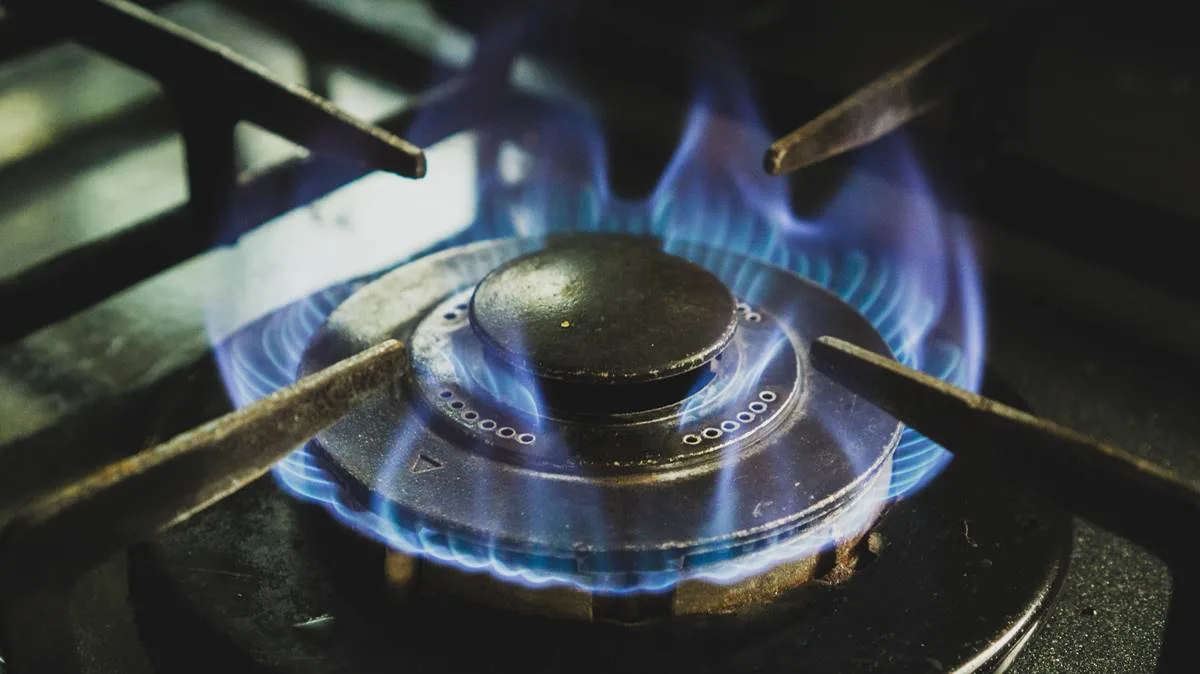The government is considering hiking gas prices of 10% to 15% as part of its strategy to address the circular debt, which presently amounts to Rs1,250 billion, as reported by The News on Thursday.

This move follows the International Monetary Fund’s (IMF) recommendation to Islamabad to increase natural gas prices starting from January 1 of the coming year. Notably, the IMF acknowledges that the government has already generated Rs980 billion in revenue in the ongoing fiscal year, primarily due to a substantial gas price surge of up to 193%.
According to senior officials from the Energy Ministry, discussions are underway regarding a potential 10-15% increase in the natural gas sale price. This adjustment is expected to bring in an additional Rs100 billion in revenue, specifically intended to alleviate the circular debt related to natural gas. However, a final decision on this matter has not been reached.
The officials further mentioned that there might be a more modest 5% increase in gas prices, resulting in Rs50 billion in additional revenue.
With the significant surge in gas prices effective from November 1, 2023, the government anticipates a surplus revenue of Rs275 billion. This surplus will be utilized to cover the Rs210 billion cost associated with diverting Regasified Liquefied Natural Gas (RLNG) to the domestic sector during the current winter season. It will also compensate for the Rs65 billion loss incurred due to the government’s delay in notifying the gas price hike by four months.
Sui Southern and Sui Northern, the gas companies, are expected to submit petitions to the Oil and Gas Regulatory Authority (OGRA) requesting an adjustment in gas prices starting from January 1, 2023. This adjustment is likely to seek a downward revision of gas prices.
However, the IMF is urging the government to implement a further 10-15% increase in gas prices from January 1, 2024. The Fund highlights the government’s failure to biannually raise the gas tariff over the past decade since 2013, leading to a substantial accumulation of gas circular debt.

















